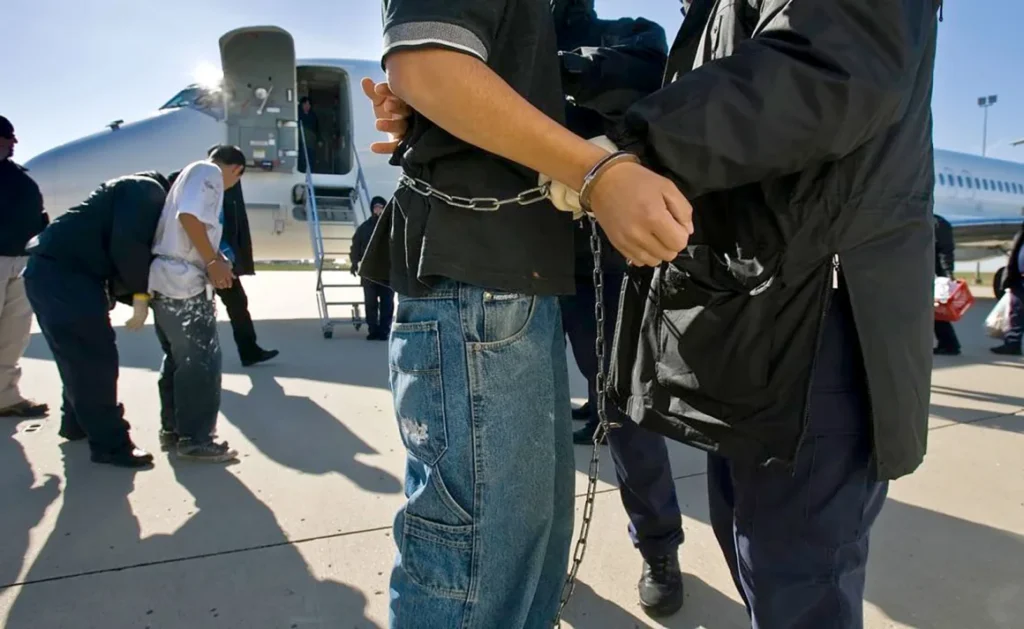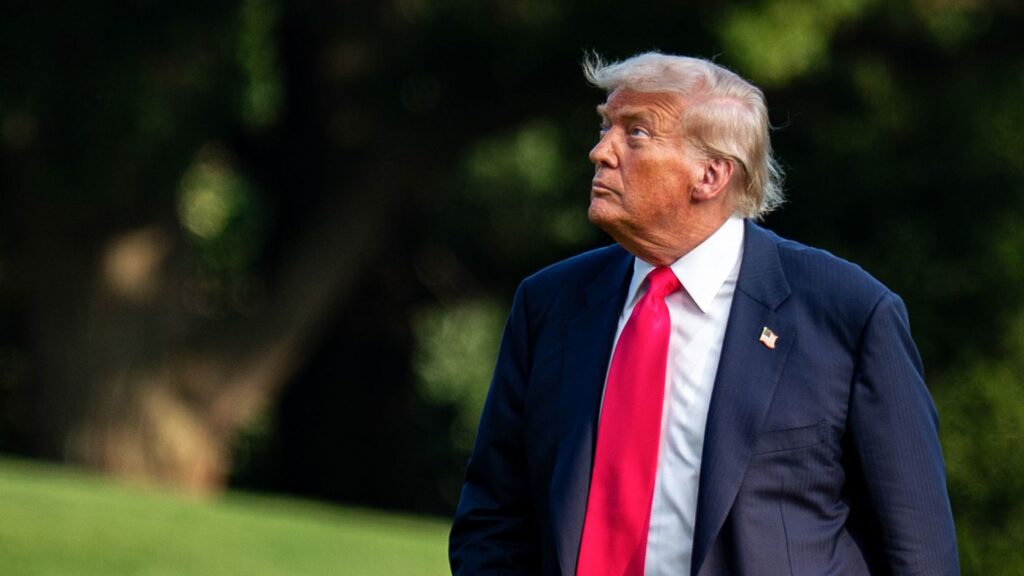
A U.S. policy during President Trump’s administration has sparked debate after five foreign nationals, found guilty of serious offenses such as murder and child rape, were sent back to Eswatini—an isolated kingdom in Southern Africa. People from Vietnam, Jamaica, Cuba, Yemen, and Laos were rejected by their home countries after being convicted in the U.S., prompting the Department of Homeland Security to classify Eswatini as a “safe third country” for deportation.
🏛️ Covert Deals, Community Outcry
El gobierno de Eswatini confirmó que los deportados están en celdas de prisión de máxima seguridad aisladas, a la espera de repatriación a través de la agencia de migración de las Naciones Unidas, aunque no se ha dado un plazo concreto.
Nonetheless, the transfers rapidly ignited strong public anger. Opposition factions, including PUDEMO, condemned the action, stating,
“Our nation should not be considered a place for those labeled unsuitable to reside in other locations.”
The Swaziland Solidarity Network expressed anger, labeling the policy as “obvious racism”—claiming Trump viewed Africa as a dumping ground for unwanted individuals.

🌍 Broader Regional Issues
South Africa’s neighbors voiced increasing concern. Authorities indicated that porous borders might allow the escaped deportees to find sanctuary in South Africa—raising concerns regarding destabilization and security.Experts warned that insufficient transparency or oversight could threaten Eswatini’s delicate democracy and deteriorate its human rights situation.
⚖️ Inquiries Regarding Legality and Sovereignty
Critics pointed out that there is no evident legal agreement or parliamentary consent supporting the deportation—suggesting the arrangement could breach both international and local laws.
There were worries regarding abuse risks since Eswatini frequently faces allegations of severe prison conditions and politically driven crackdowns.
💬 U.S. Rationale vs. Humanitarian Issue
DHS spokesperson Tricia McLaughlin justified the choice as essential for public safety, referring to the deportees as “exceptionally brutal.”
In the meantime, Eswatini’s government stated that the men would eventually be sent back home—although the International Organization for Migration (IOM) has yet to start any support initiatives.

🔮 Anticipating the Future
While Eswatini commits to partnering with the U.N., skeptics are doubtful. They worry that America’s impact is subtly pushing African countries to accept migrants without protections in place. Civil society organizations have called for complete transparency regarding what the nation could benefit from and whether proper procedures were followed.
The deportation has sparked strong opposition in Eswatini and throughout the region, positioning the small kingdom as “not Trump’s disposal site.” The clandestine aspect of the agreement has sparked significant ethical, legal, and safety issues. Only time will reveal whether Eswatini can maintain its sovereignty—or if it will become further entangled in a contentious U.S. asylum policy.


